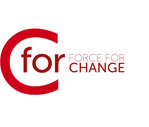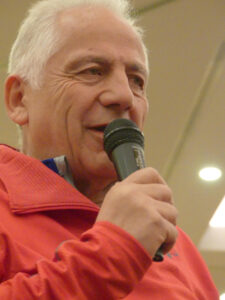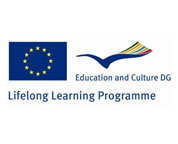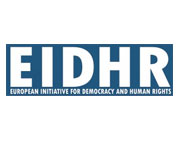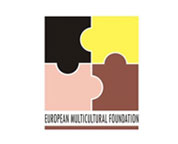Facilitated dialogue supports the emerging creativity or potential for systemic change within communities dealing with complex problems and painful history.
Out of such Forum dialogue a fabric of community relationships emerge; clarity about needs and directions; and new initiatives, projects or organisations arise. We follow with mentoring and training facilitators to support these initiatives on their feet.
Each situation is unique, and so we design our intervention based on local process, and in tandem with the local Partner and community.
A useful ‘template’ of a strategy is as follows:
1. Initial clarification of the issue
An individual or organisation recognizes a complex problem that needs a community involved and working together to find a way forward.
2. Gathering the community in its diversity
The individual organizer or organization on the ground works together with CFOR to network and bring together people who are actively engaged with working on some aspect of the issue, or who are impacted by the issues, and bring diverse experiences, including groups and viewpoints that may be marginalized. This will include local and international organisations, business, government and civil society, and citizens including youth and elders.
The number of people involved in such a forum may range from 10 people to 100 people. Facilitating larger forums within conferences or other contexts is also possible.
Outreach includes getting to know what people are doing, letting potential participants know that their voices are welcome and needed, and inviting participants to present their work in conversations, presentations or posters.
3. Forum planning
The local organizer coordinates the venue, catering, equipment, interpreters and translation of materials with support from CFOR. Forums are often 3 days, but can range from ½ day to 6 days, or longer. A one-year or a three-year programme involves annual Forums, plus modular Training and mentoring sessions.
4. The Forum
The Forum will include opportunities for participants to immerse themselves in the problem, and in each others’ expertise, research, experience and knowledge, with opportunities to network and learn.
At the heart of the Forum is a facilitated deeper dialogue.
These conversations are intense, emotional and meaningful as key issues are brought to the surface. While the group focuses on a particular theme, we also facilitate awareness of the underlying dynamics creating or perpetuating conflict or the sense of getting stuck or hopeless. We facilitate awareness and direct interaction between opposing positions or roles; and work with escalation, accusations, issue of rank and privilege and communication style.
Whereas normally people might either avoid emotions around hot issues or fall in headfirst, we carefully facilitate at such ‘hot spots’ as doorways to a deeper dimension of understanding and contact, and finding creative pathways together.
Our methods are based on the principle of ‘deep democracy’. The premise is that communities are wiser, when all viewpoints and dimensions of experience are included in a facilitated interaction.When awareness enters the picture, we don’t just repeat the conversation, but rather begin to transform it.
5. Forum outcomes
Out of these interactions, a new fabric of community relationships is woven.Deeper understanding emerges. Needs are differentiated and clarified, and directions forward become apparent or fleshed out.
6. New initiatives and Hubs of activity
Forums bring inspiration, relationships and clarity, which can bring spontaneous new initiatives or the formation of new community organisations.
To encourage this impact, working groups or ‘hubs’ are selected to pursue a strong initiative or action that arises out of the Forum.
Each working group or ‘hub’ has a ‘hub coordinator’, who will stay closely connected to the local Partner and CFOR, and to the other coordinators. In this way we stay linked as a network of activities, seated in the depth of feeling, clarity and possibilities experienced at the Forum.
7. Sustainability, Long-term work or three year cycles
Sustainability and long-term programmes arise from the community and dreams.One strategy that supports sustainability is to invite selected participants who have been actively involved in the Forum and ‘hub’ activities to continue in a three-year programme.
The three-year programme consists of Facilitation Training and Mentoring designed to support the community activities underway.
Participants present their ‘hub’ work within the following years’ Forum, and continue to study facilitation skills for dealing with polarisations, backlash, and hot spots that inevitably arise along the way, while staying close to one’s dreams.
For example, in a Forum dealing with issues of recovery and reconciliation in the aftermath of genocide, we might anticipate a creative initiative to address the legacy of gender violence, and current issues of gender in society. The participants of this ‘hub’ will receive training to support their facilitation skills around this topic. And the participant may develop educational opportunities and dialogue within schools and other community organisations, and across different parts of the country.
8. Getting it out and being part of a larger network of activity
At CFOR we write and publish articles and reports, but also support programme participants in grass-roots social media, filming, art projects, and more.
